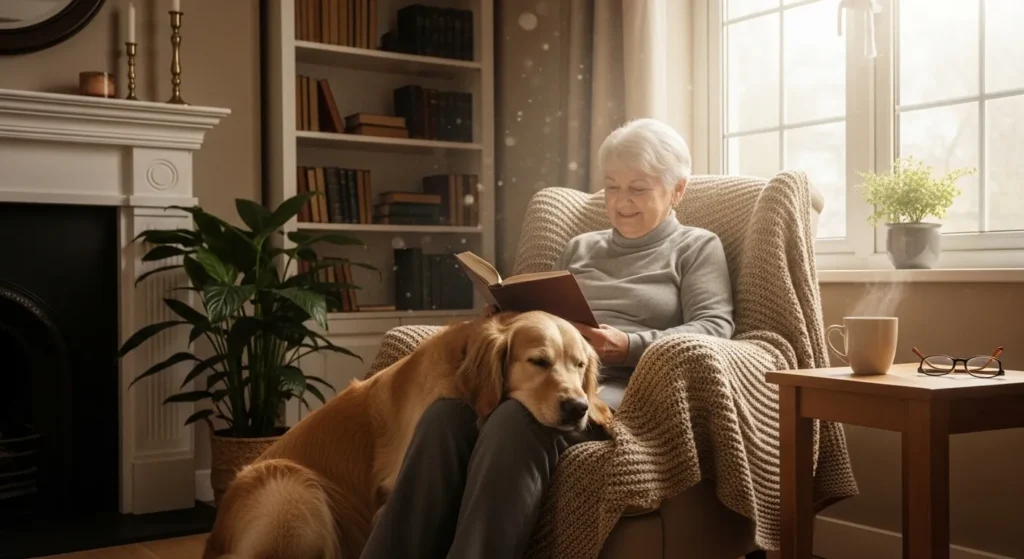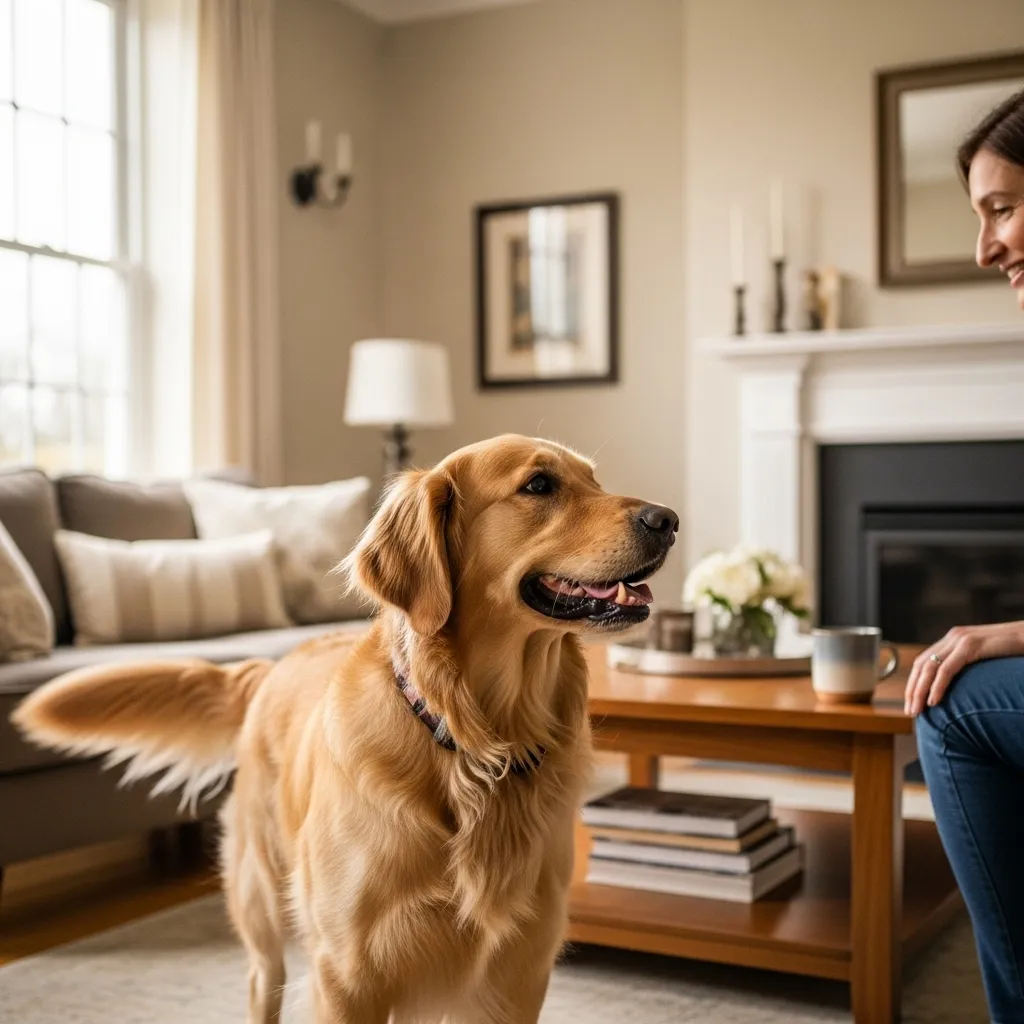
FAQs: Answering Your Common Questions
Deciding to get a dog is a big step, and it’s natural to have questions. Here are answers to some of the most common queries from seniors considering pet ownership.
What if I live in an apartment?
Living in an apartment is absolutely not a barrier to happy dog ownership! Many dogs thrive in smaller living spaces as long as their needs for exercise and mental stimulation are met. The key is commitment. You must be prepared to take your dog out for regular walks and potty breaks, regardless of the weather. Breeds that tend to be lower energy or smaller in size are often great choices for apartment living. Focus on providing plenty of indoor enrichment, like puzzle toys and training games, to keep their minds active. A dog’s happiness depends more on the quality time you spend with them than the size of your home.
Are smaller dogs always better for seniors?
Not necessarily. While a small dog is easier to physically manage and transport, they aren’t automatically the best choice for every senior. As mentioned earlier, very small dogs can be a significant trip-and-fall hazard. Some small breeds are also known for being high-energy and vocal. Conversely, many larger breeds, such as Greyhounds or Great Danes, are famously calm and are often called “gentle giants” that are content with a soft bed and moderate walks. The most important factors are the individual dog’s temperament and energy level, not their size.
How can I find a reputable rescue or shelter?
Finding a responsible organization is crucial. A good shelter or rescue will be transparent and eager to answer your questions. They should have a clean, safe facility and provide veterinary care for their animals. They will also have a thorough adoption process designed to ensure a good match, which includes an application and conversation with you about your lifestyle. They should be just as interested in your suitability as you are in their dogs. Online resources like Petfinder aggregate listings from thousands of legitimate shelters and rescue groups across the country, making it a great place to start your search. You can also get general pet care and health information from trusted sources like the American Veterinary Medical Association (AVMA).














